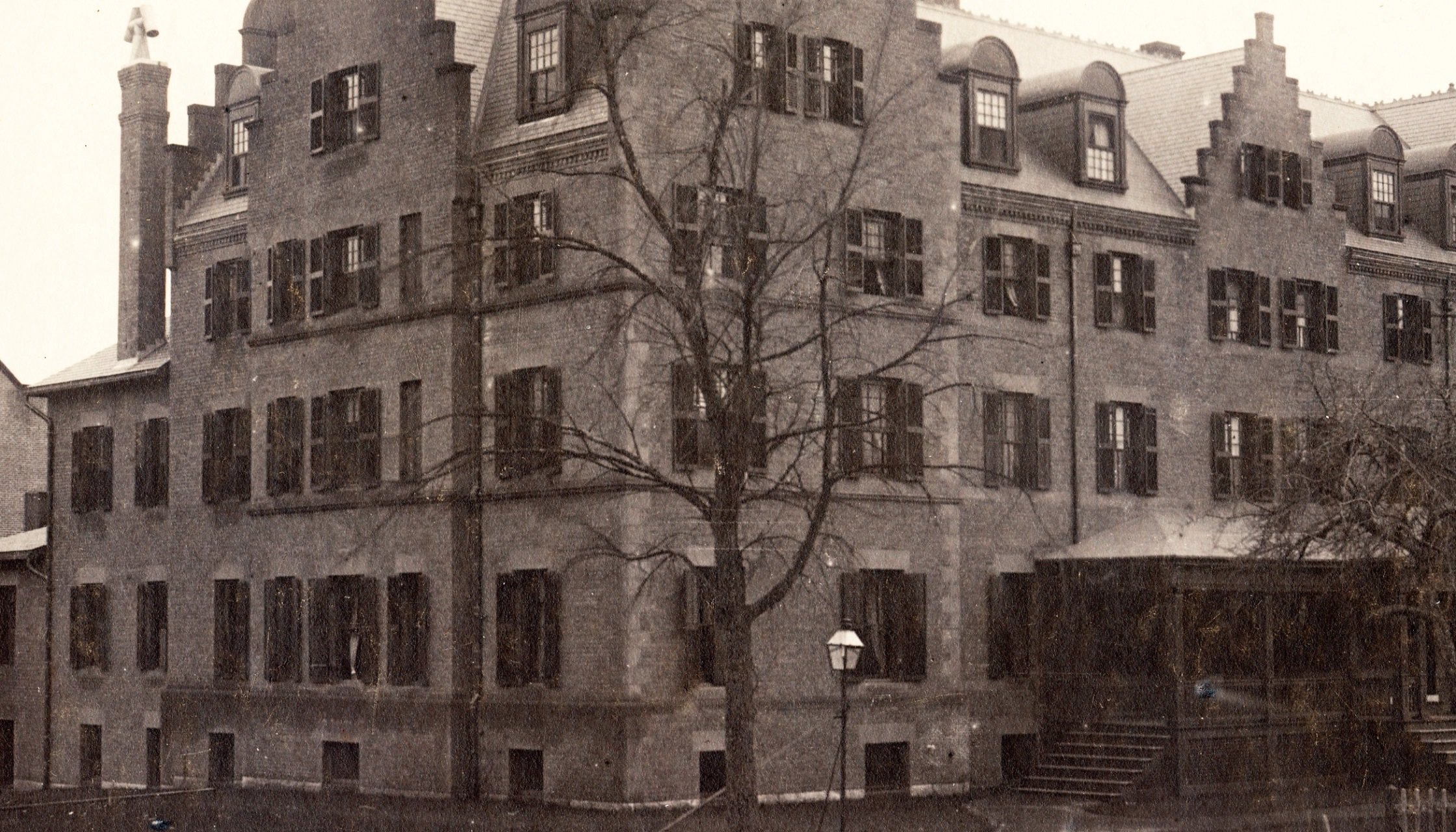
(Photo/Courtesy of Mount Holyoke College)
WESTBOROUGH – Mary Ann Brigham, born in 1829 in Westborough, was recognized as one of the leading educators in the United States from the 1860s through the 1880s.
Celebrated for her enlightened leadership and progressive methods, Brigham was recruited twice to be the first president of Wellesley College. Smith and Vassar Colleges also competed for her services.
She refused them all until 1889, when the trustees of her alma mater, Mount Holyoke Seminary in South Hadley, invited her by unanimous vote to become the first president of their newly chartered college.
This native of Westborough was born on December 6, 1829, and was the daughter of Dexter Brigham, who owned the popular Brigham Tavern on South Street (near the present 7-Eleven and later known as the Westborough Hotel). As a little girl, Brigham had a keen mind and loved learning. Unfortunately, she could not study beyond the eighth grade, since there was no public high school in Westborough until 1854.
However, some enlightened citizens formed the private Westborough Seminary for Young Ladies on Powder Hill in 1840. At age 12, Brigham was fortunate enough to enter the school in its first year. For a tuition of six dollars per term, Brigham and other young women could study the classics, U.S. history, algebra and philosophy.
Her excellent scholarship and thirst for knowledge then led her to Mount Holyoke Seminary, one of the best and earliest institutions of higher education for women. In 1837, Mount Holyoke was founded on the principle that women―especially poorer women―should have an equal opportunity to men for higher education and training.
Brigham believed fervently in justice for women and in giving them the equal opportunity to develop their minds and skills. At Mount Holyoke, in the class of 1849, she studied under the famed trailblazer and pioneer in women’s higher education Mary Lyon. Brigham went on to teach at Mount Holyoke Seminary from 1855 to 1858.
Later Brigham taught for three years at Ingham University in LeRoy, N.Y., the first university founded exclusively for women. During the Civil War, in 1863, Brigham joined the faculty of Brooklyn Heights Seminary, the leading school for young girls in New York City. Here she taught literature, mental science and philosophy. She remained as a teacher and the associate principal for the next 26 years.
At Brooklyn Heights, Brigham promoted progressive methods. She advocated for a challenging curriculum, especially in science and mathematics, for the women to master. Her leadership qualities were legendary: sharp executive skills, abounding energy, and fierce determination.
Brigham was especially supportive of young women struggling with poverty who despaired of ever obtaining a higher education. She was instrumental in the work of the first Young Women’s Christian Association (YWCA) in New York City.
On June 29, 1889, after accepting Mount Holyoke’s invitation, she was returning to Brooklyn by train after visiting her mother at 36 Summer Street in Westborough. Brigham was well-known and respected by the residents of Westborough, since she often visited her family in town.
Tragedy struck a few miles north of New Haven. The train derailed, crashed, and Brigham was killed instantly―one of three deaths among the 300 passengers. She was just 59 years old.
In her lifetime, Brigham inspired thousands of girls to pursue their dreams of a higher education―equal to men―and to perform work that challenged their skills and interests. She was laid to rest in Westborough’s Pine Grove Cemetery.
In 1897, Mount Holyoke’s New York Alumnae Club built a new dormitory on the college’s campus. It was named The Mary Brigham Hall to honor the alumna and president-elect who sadly never had the opportunity to bring her own vision of equality and justice for women to Mount Holyoke College as its first president.














